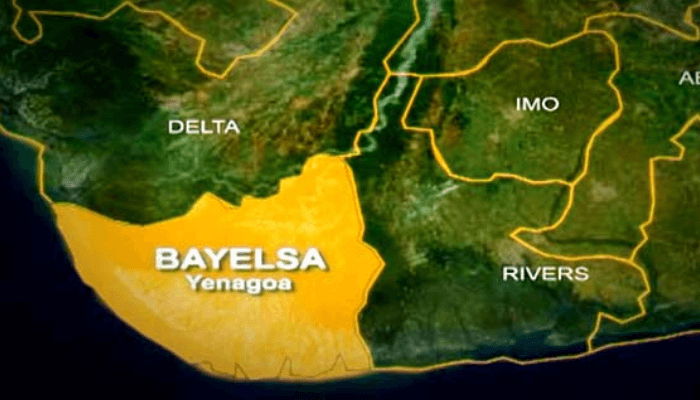Nigeria’s Minister of Agriculture and Food Security, Senator Abubakar Kyari, has disclosed that the Federal Government has secured a $500 million loan from the World Bank to unlock value chains and accelerate investment in the nation’s agribusiness sector.
Speaking in Abuja on Monday, Kyari said the facility is aimed at strengthening critical areas of food production, processing, and distribution with a focus on improving value addition, creating jobs, and ensuring food security across the country.
According to him, the loan is part of the World Bank’s Agro-Climatic Resilience in Semi-Arid Landscapes (ACReSAL) initiative, repurposed to support the new Value Chain Development Programme (VCDP), which aligns with President Bola Tinubu’s Renewed Hope Agenda on food security.
“This intervention will unlock the potential of Nigeria’s agribusiness sector by strengthening value chains for key crops such as rice, maize, cassava, and soybeans,” Kyari stated. “Our goal is to build a sustainable agricultural economy that attracts private investment, empowers farmers, and promotes exports.”
The minister emphasized that the funding would be channeled toward critical infrastructure, access to finance for smallholder farmers, mechanization, storage, and market linkages. He noted that the World Bank’s partnership reflects growing international confidence in Nigeria’s agricultural reform efforts.
Kyari added that the project will prioritize inclusiveness, particularly supporting youth and women in agribusiness, while addressing post-harvest losses through innovative technology.
He reaffirmed that the Federal Government is working closely with state governments, development partners, and the private sector to ensure full implementation and accountability in the use of the facility.
Agriculture analysts have described the move as timely, given Nigeria’s current food inflation and the need to boost local production to reduce import dependence.
The World Bank’s intervention, they said, could also serve as a catalyst for agritech innovations and rural enterprise development, helping Nigeria transition from subsistence farming to commercial-scale agribusiness.
“This is a decisive step toward repositioning agriculture as a business rather than a survival activity,” an industry expert told reporters. “If properly managed, it could redefine Nigeria’s food economy and open the door for more international investments.”










Leave a Reply